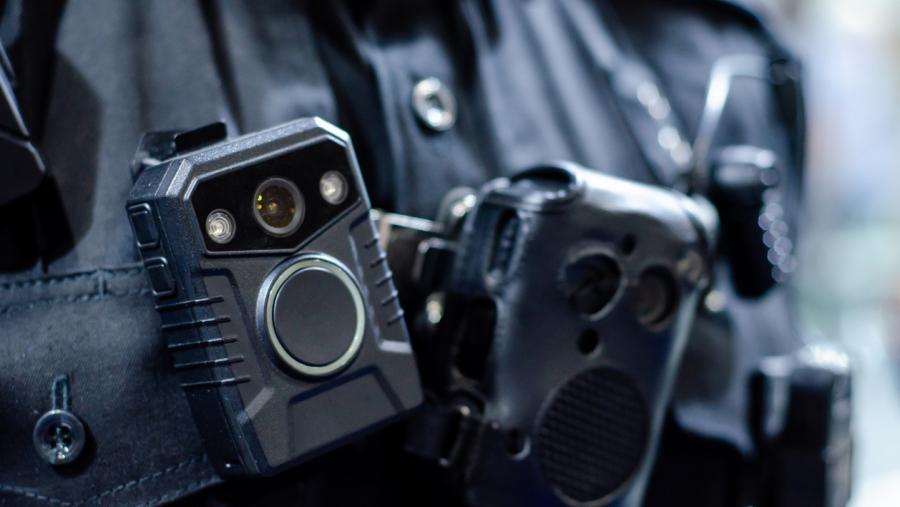
What is “Restorative Justice” and How Does it Impact Individuals Involved in Crime?
A question that we are often asked at the National Center on Restorative Justice (NCRJ) is “how does restorative justice differ from more mainstream approaches to justice-making in the criminal justic…
Checklist to Assess Your Agency's Crime Analysis Capabilities
Law enforcement agencies and jurisdictions across the United States are increasingly recognizing the importance of using crime analysis to disrupt crime patterns in their communities. However, the que…
Considerations When Applying for Grant Funding
The beginning of the year brings an ongoing release of grant solicitations. With the many funding opportunities with specific focuses, it’s essential that your agency present a polished and focused gr…
Developing Effective Policies to Govern the Use of Technology in Law Enforcement
Modern technology has become a crucial element in the daily lives of people all around the world and, in many respects, it is improving our quality of life. In healthcare, technology is helping doctor…
